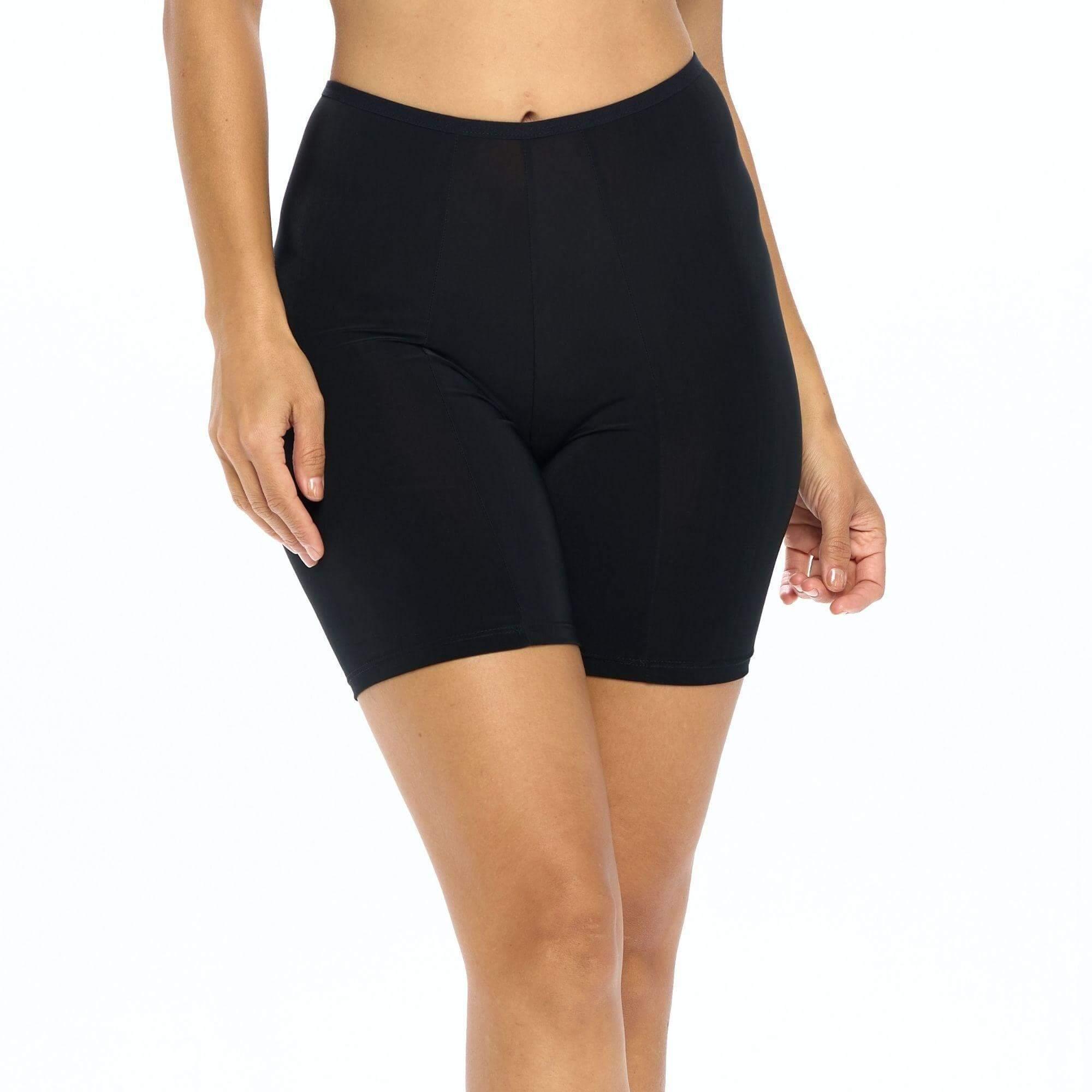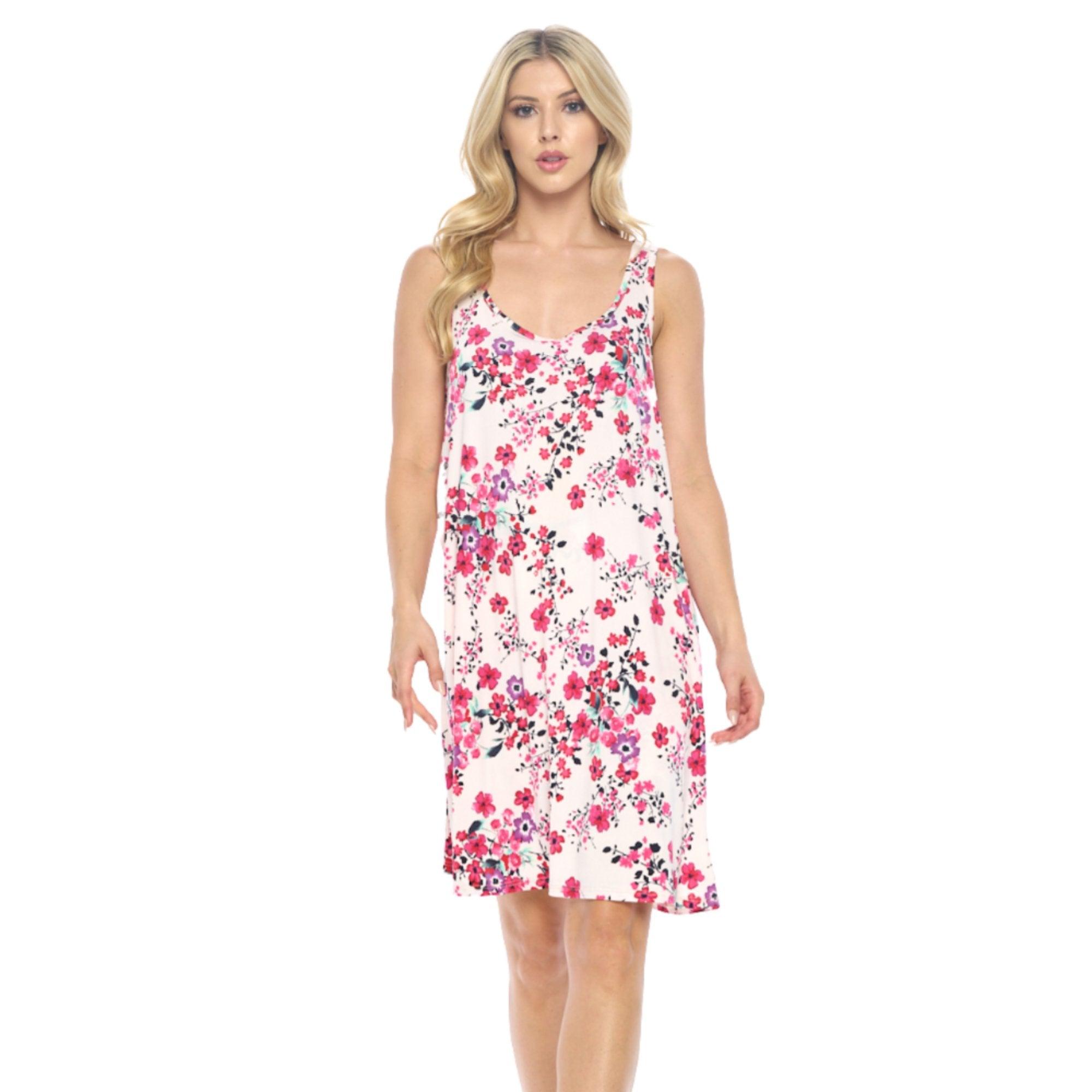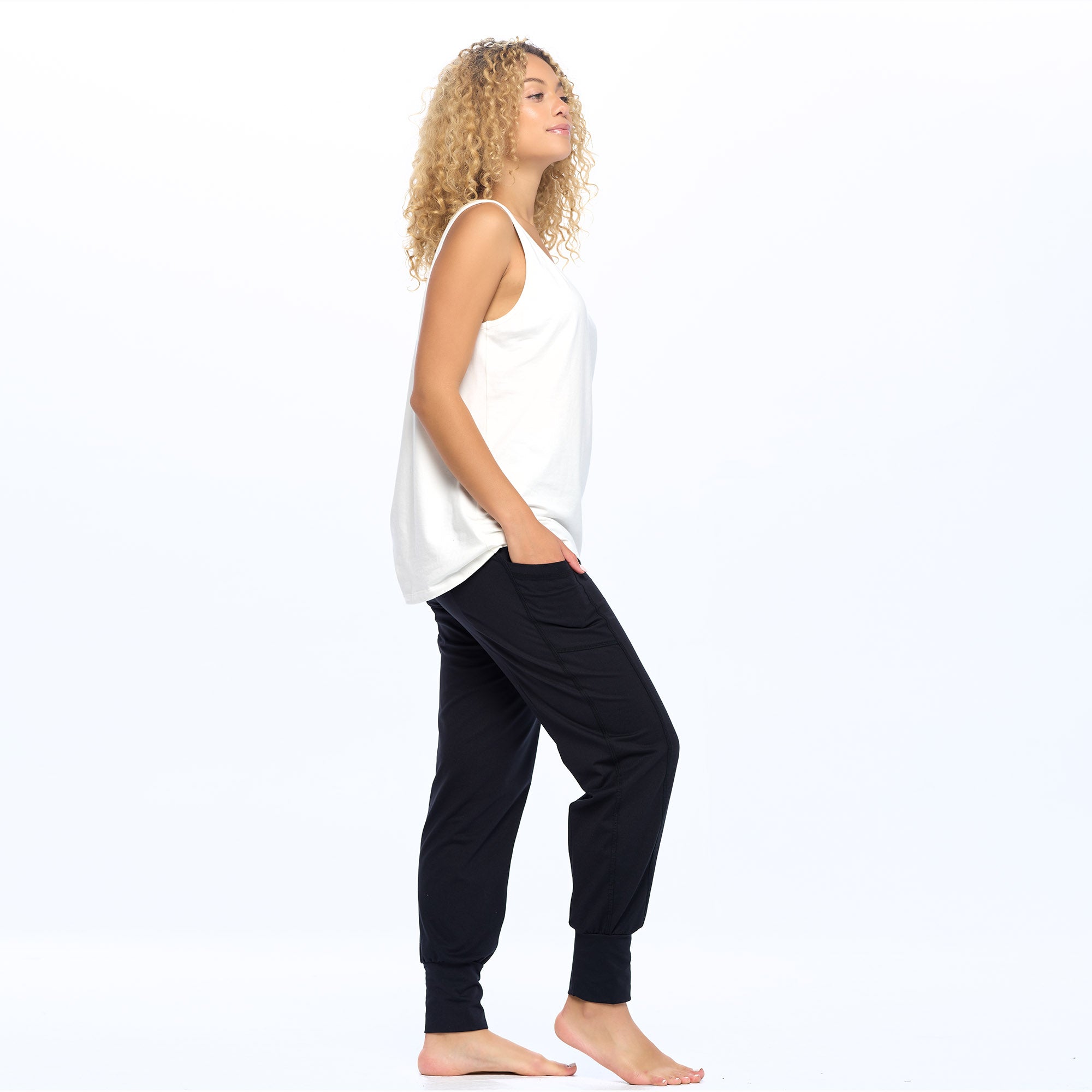Pregnancy is a period of physical and emotional change for women, and comfortable clothing is essential for maintaining physical and mental well-being. Comfortable clothing, particularly maternity clothing, should be a top priority for pregnant women as it provides the necessary support, flexibility, and comfort needed to accommodate the changes happening in their bodies. Choosing the right maternity clothing is crucial as it can help prevent complications and promote a healthy pregnancy. Ill-fitting clothing, particularly tight jeans, can cause discomfort and even harm to the baby.
Why Do Women Choose to Wear Tight Jeans During Pregnancy?
Despite the numerous benefits of wearing loose and comfortable clothing during pregnancy, some women still choose to wear tight jeans. One reason for this could be that tight clothing emphasizes the baby bump, making it more visible and giving a fashionable appearance. Tight jeans may also provide comfort and support to the growing belly when you wear jeans carefully chosen in the right size, material, and design.
However, wearing tight clothes during pregnancy can have negative effects. For instance, it can cause nerve damage and lead to unnecessary nerve pain. Tight clothing constricts the nerves and limits the natural growth of a woman's body. Moreover, tight maternity clothes can exacerbate discomforts such as bloating, heartburn, and acid reflux.
When to Stop Wearing Tight Jeans During Pregnancy?

As your pregnancy progresses, it becomes increasingly important to prioritize comfort over fashion. The ideal time to switch from tight jeans to more comfortable clothing is between 8 and 10 weeks when your uterus expands and your baby bump grows. However, it is essential to make the change from tight pants to comfortable clothing between 12 and 16 weeks, as your baby bump becomes more prominent, and your body undergoes significant changes.
During pregnancy, tight jeans can put undue pressure on your pelvic muscles, which can lead to discomfort and even pain. As such, it is recommended that your tight-fitting clothes switch to stretchy leggings, yoga pants, or loose-fitting clothing that allow you to move freely and support your growing belly. There are many fashionable maternity options to choose from so you don’t have to sacrifice style for comfort.
Why Should You Stop Wearing Tight Jeans During Pregnancy?
When it comes to clothing during pregnancy, comfort is key. Unfortunately, wearing tight jeans can do more harm than good to both you and your unborn baby. Wearing tight jeans during pregnancy can lead to several negative effects, including constipation, pre-term labor, and a higher risk of miscarriage.
Comfortable, loose clothing is essential during pregnancy, particularly during the later stages when your baby bump becomes more prominent. Tight clothing, including jeans, can restrict blood circulation to your lower body, leading to discomfort or even nerve damage. It is crucial to note that nerve pain can be unnecessary when pregnant, and the abdominal wall tension that accompanies tight clothing can contribute to muscle degeneration.
There is scientific evidence to support the claim that wearing tight clothing during pregnancy can result in reduced blood flow, which can negatively affect both you and your unborn baby. You may also experience discomfort wearing tight pants, which can disrupt your daily routine, cause abdominal pain, and lead to increased stress levels.
Negative Effects of Wearing Tight Jeans During Pregnancy
Here are the negative effects of a woman wearing tight jeans during pregnancy:
Risk of Miscarriage
Expectant mothers are often worried about the possibility of miscarriage, and research by the University of Cambridge suggests that wearing tight jeans in the first trimester of pregnancy could increase this risk. The study found that women who wore tight jeans during early pregnancy had a 50% higher chance of experiencing an early miscarriage.
Affect on Blood Circulation
As your body changes during pregnancy, it becomes important to pay attention to how your maternity clothing choices may affect your blood circulation. Wearing tight jeans during pregnancy is known to impact blood circulation, and can cause a range of health concerns.
During early pregnancy, blood vessels expand and increase in number to accommodate the increased blood volume necessary to support a growing fetus. When tight pants or jeans are worn, the easy flow of blood to the legs and feet can be hindered. This can cause decreased circulation, which can lead to various negative effects.
Varicose Veins

The condition of swollen and enlarged veins in the legs, known as varicose veins, is common during pregnancy. This is because the increased blood volume and pressure from the growing uterus during the second trimester can cause the veins to become more susceptible to developing this condition.
The exact cause of varicose veins during pregnancy is not fully understood, but it's believed that hormonal changes and increased blood volume play a significant role. The growing uterus also puts pressure on the veins in the legs, causing blood to flow more slowly and leading to the development of varicose veins.
Yeast Infections
Wearing tight jeans during pregnancy increases the risk of varicose veins and can contribute to the development of another uncomfortable condition: yeast infections. Yeast infections are caused by an overgrowth of yeast in the vaginal area, which can lead to itchiness, burning sensations, and abnormal discharge. Tight clothing, including jeans, can exacerbate the problem by restricting the airflow to the vaginal area, creating a warm and moist environment that promotes the growth of yeast.
Pregnancy can make women more susceptible to yeast infections due to the increased levels of estrogen, which can cause an increase in vaginal discharge. When combined with wearing tight pants or jeans, the excess vaginal discharge can become trapped against the skin, further increasing the risk of yeast overgrowth.
Conclusion
In conclusion, the negative effects of wearing tight jeans during pregnancy can lead to discomfort and potential health risks for the mother. While tight clothing may not necessarily cause harm to the unborn baby, it is crucial to prioritize comfort and take precautionary measures to avoid wearing them during pregnancy.
Throughout the article, we have discussed how wearing tight pants or jeans can negatively impact a pregnant woman's health. We have highlighted that wearing tight jeans increases the risk of miscarriage, impairs blood circulation, and significantly contributes to yeast infections.
It is therefore imperative for pregnant women to choose loose-fitting maternity wear and comfortable clothing that allows for proper airflow to the pelvic area and helps avoid unnecessary abdominal wall tension. By prioritizing comfort during their pregnancy journey, women can alleviate the discomforts that they may experience, which can contribute to a healthy pregnancy.









